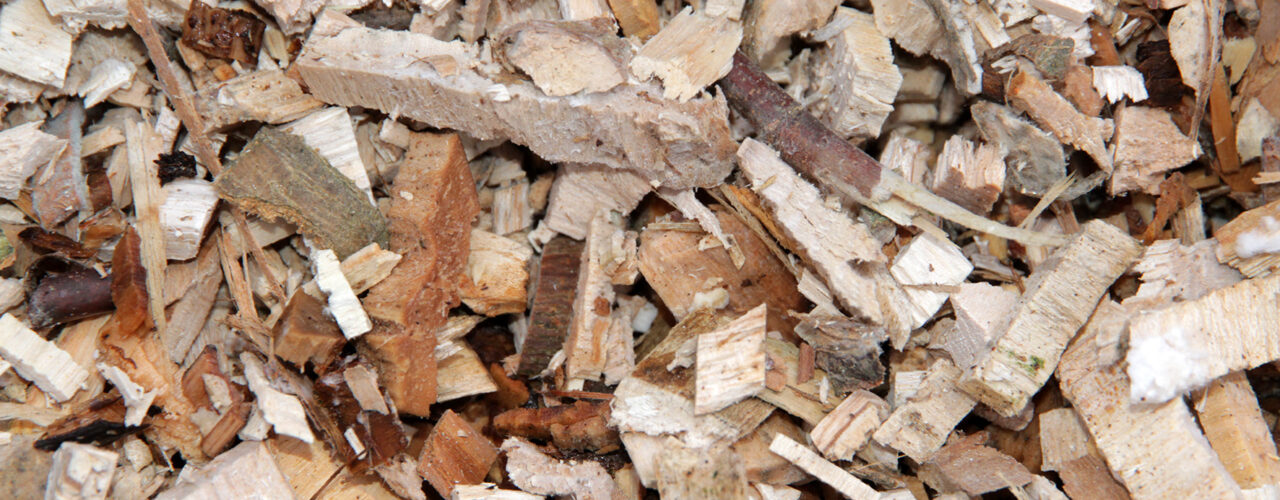
Deep Litter of Woodchips for Cattle – Animal Welfare, Nutrient Recycling and Reduced Runoff
Currently, 20 % of the beef consumed in Norway is imported. Møre og Romsdal County on Norway’s north-western coast has considerable forage resources that are suitable for beef production. However, high construction, maintenance and operation costs are a challenge.
Thus, beef is often produced in remodelled old barns or very simple buildings; frequently with year-round access to outdoor areas. The livestock is usually kept on deep-litter bedding, made from purchased straw. A better alternative could be the use of locally produced woodchips. Indirectly, this would also help to generate some income for the forest industry and contribute to a more open cultural landscape. Outwintering cattle can cause nutrient runoff to watercourses. Furthermore, it is challenging to preserve and recycle the nutrients in the deep litter.
This project will study cattle hygiene and welfare when using locally produced woodchips in deep-litter pens. Different types of laboratory and full scale composting trials will be performed on the spent deep-litter bedding to determine how plant availability of nutrients can be improved. This could contribute to increasing the share of nutrients recycled to the soil, decreasing nutrient runoff and improving soil fertility. Model calculations will be carried out to estimate the runoff potential for various scenarios of outwintering cattle. All trials and experiments will be conducted at NORSØK’s facilities at Tingvoll.
